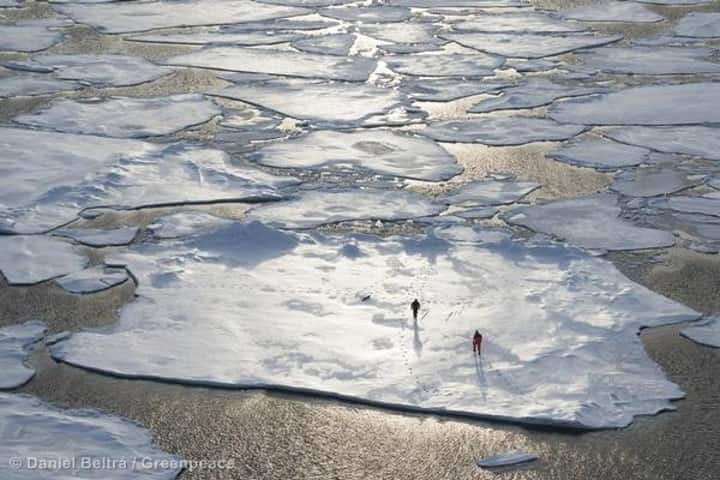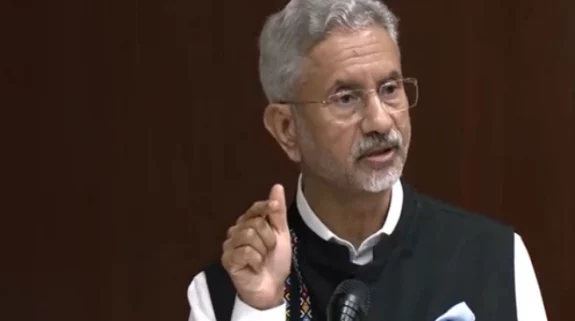Global temperatures are likely to surge to record levels in the next five years, fuelled by heat-trapping greenhouse gases and a naturally occurring El Niño event, according to the latest report released by the World Meteorological Organisation (WMO).
There is a 66% likelihood that the annual average near-surface global temperature between 2023 and 2027 will be more than 1.5°C above pre-industrial levels for at least one year. There is a 98% likelihood that at least one of the next five years, and the five-year period as a whole, will be the warmest on record, the UN weather agency’s report states.
“This report does not mean that we will permanently exceed the 1.5°C level specified in the Paris Agreement which refers to long-term warming over many years. However, WMO is sounding the alarm that we will breach the 1.5°C level on a temporary basis with increasing frequency,” said WMO Secretary-General Prof. Petteri Taalas.
“A warming El Niño is expected to develop in the coming months and this will combine with human-induced climate change to push global temperatures into uncharted territory. This will have far-reaching repercussions for health, food security, water management and the environment. We need to be prepared,” said Prof. Taalas.
There is only a 32% chance that the five-year mean will exceed the 1.5°C threshold, according to the Global Annual to Decadal Climate Update produced by the United Kingdom’s Met Office, the WMO lead centre for such predictions.
The chance of temporarily exceeding 1.5°C has risen steadily since 2015, when it was close to zero. For the years between 2017 and 2021, there was a 10% chance of exceedance.
“Global mean temperatures are predicted to continue increasing, moving us further and further away from the climate we are used to,” said Dr Leon Hermanson, a Met Office expert scientist who led the report.
Arctic warming is disproportionately high. Compared to the 1991-2020 average, the temperature anomaly is predicted to be more than three times as large as the global mean anomaly when averaged over the next five northern hemisphere extended winters, the reports adds.




















